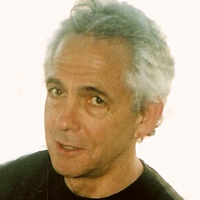"Take back the country!"
"Take back the government!"
"Take back the streets!"
What nonsense. To take something back, it must have been yours in the first place. The only time this country belonged to the people was when the Continental Army was fighting to create it. The only time the government was ours was before We the People agreed to be governed by the Constitution. And the only time we owned the streets was before we swapped our innocence for a police force whose explicit function was to ensure that nobody owned them. Our country's founders were more afraid of mob rule than they were of a monarchy. We the People are a representative democracy. All that is ours is our right to vote for those who represent us.
The truth is that "take back" movements really don't want to take back anything. They want to go back. To the imaginary way it was. As in "It's not just the grass over there that looks greener; it's last year's harvest." This is natural. It's likely the first people on Earth were nostalgic before there was anything to regret.
